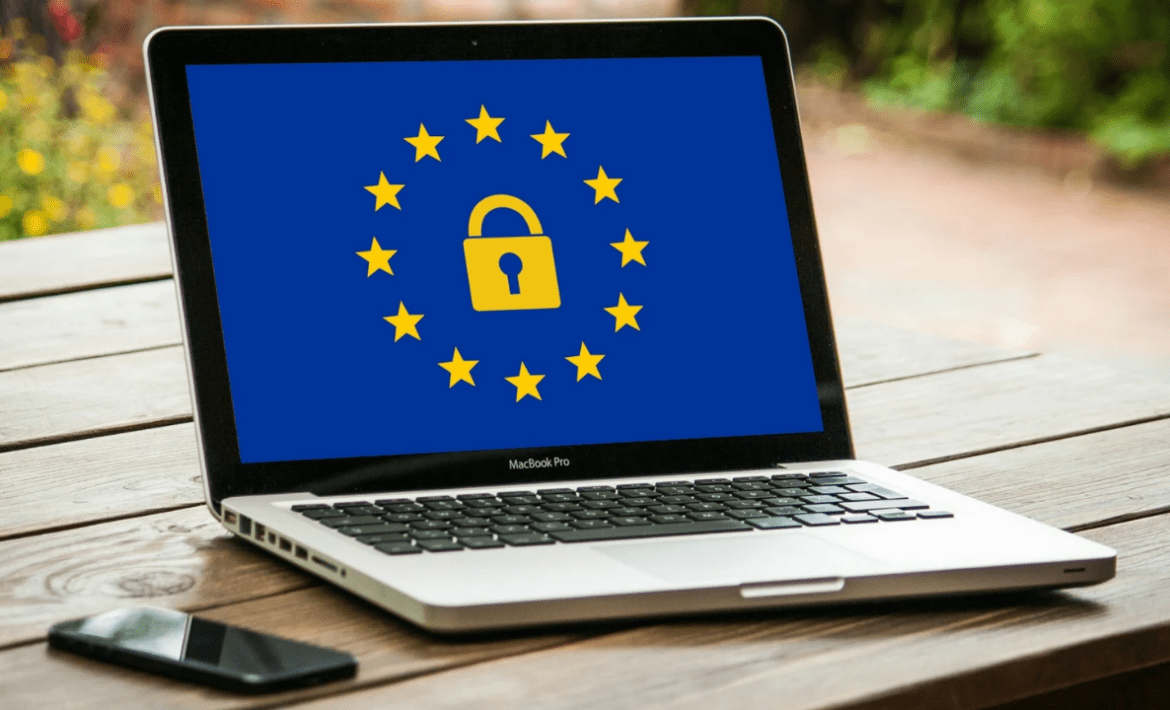Spain’s Proposed Child Online Safety Law introduces major new compliance obligations for Digital Service Providers
Spain has introduced a far-reaching legal framework to protect minors online, requiring businesses to adopt proactive compliance with new digital safety and data protection obligations. Spain is advancing comprehensive legislative reforms aimed at strengthening protections for children and adolescents in the digital environment. The proposed Ley Orgánica de protección de menores en entornos digitales (Organic











